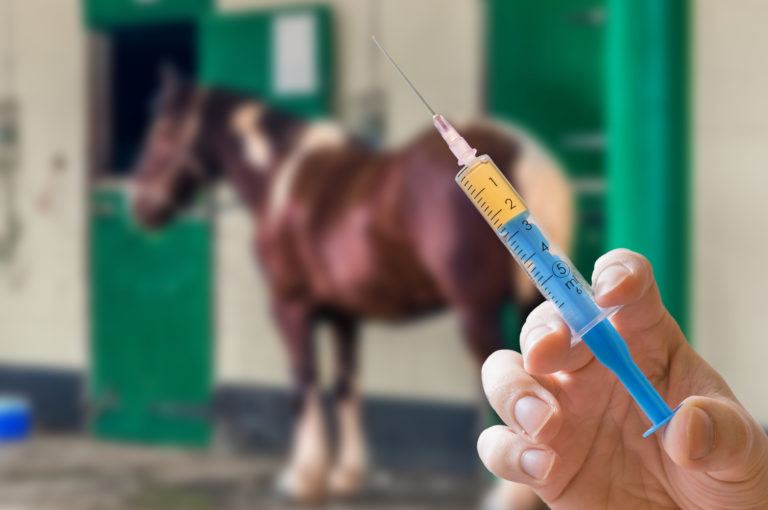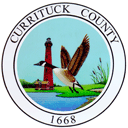Equine Fall Vaccines
go.ncsu.edu/readext?734494
en Español / em Português
El inglés es el idioma de control de esta página. En la medida en que haya algún conflicto entre la traducción al inglés y la traducción, el inglés prevalece.
Al hacer clic en el enlace de traducción se activa un servicio de traducción gratuito para convertir la página al español. Al igual que con cualquier traducción por Internet, la conversión no es sensible al contexto y puede que no traduzca el texto en su significado original. NC State Extension no garantiza la exactitud del texto traducido. Por favor, tenga en cuenta que algunas aplicaciones y/o servicios pueden no funcionar como se espera cuando se traducen.
Português
Inglês é o idioma de controle desta página. Na medida que haja algum conflito entre o texto original em Inglês e a tradução, o Inglês prevalece.
Ao clicar no link de tradução, um serviço gratuito de tradução será ativado para converter a página para o Português. Como em qualquer tradução pela internet, a conversão não é sensivel ao contexto e pode não ocorrer a tradução para o significado orginal. O serviço de Extensão da Carolina do Norte (NC State Extension) não garante a exatidão do texto traduzido. Por favor, observe que algumas funções ou serviços podem não funcionar como esperado após a tradução.
English
English is the controlling language of this page. To the extent there is any conflict between the English text and the translation, English controls.
Clicking on the translation link activates a free translation service to convert the page to Spanish. As with any Internet translation, the conversion is not context-sensitive and may not translate the text to its original meaning. NC State Extension does not guarantee the accuracy of the translated text. Please note that some applications and/or services may not function as expected when translated.
Collapse ▲
Fall is approaching fast and that means it is time to do your fall vaccines on all of your equine pets. The cooler temperatures bring in those pesky mosquitoes that carry West Nile and other viruses.
The AAEP (American Association of Equine Practitioners) considers the “core vaccines” which all horses should have regardless of their age or use to be Rabies, Encephalitis/Tetanus, and West Nile Virus. Many horses, based on their age and use, should be vaccinated for respiratory diseases-Influenza, Rhinopneumonitis, and Strangles. Do not forget to make sure that your Coggins Test (Equine Infectious Anemia) is up to date (within twelve months) and if you are traveling out of state you may need a Health Certificate.
Contact your veterinarian and he/she can give you the guidance you need depending on the use and age of your beloved equine pet.
For more information on this and other 4-H and Equine Husbandry topics contact Tom Harrell at 252-232-2262 or email tpharrel@ncsu.edu.




